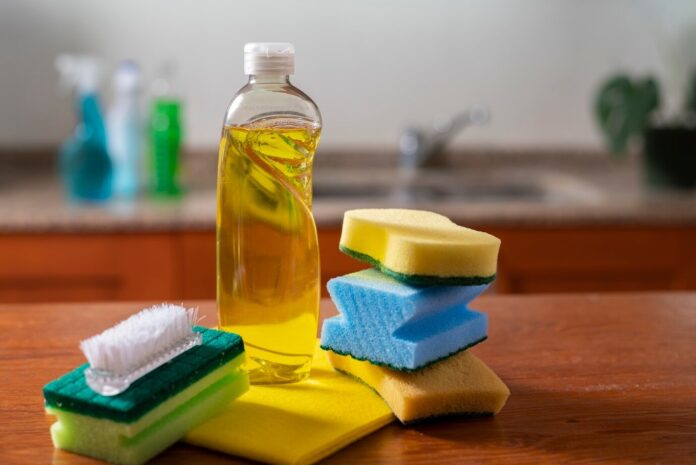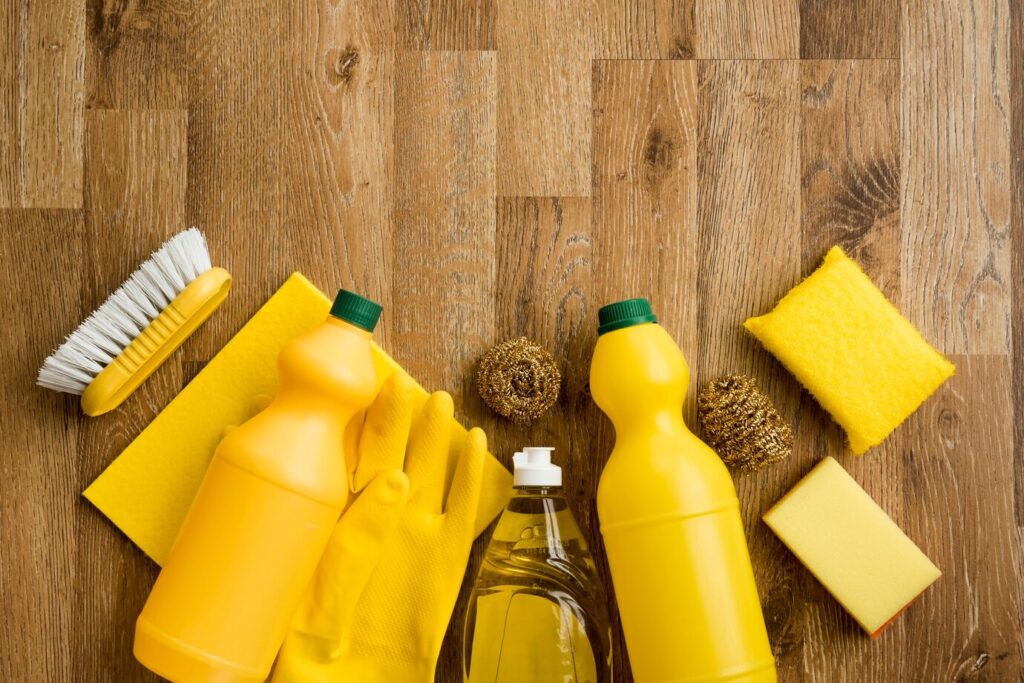
Choosing the best all-purpose cleaner for your home is akin to selecting a trusty sidekick in your quest for a clean and welcoming living environment. A good all-purpose cleaner simplifies your cleaning routine, handling everything from kitchen counters to bathroom tiles with aplomb.
With the market flooded with countless options, deciding on the right one can feel overwhelming. Let’s explore how to find a cleaner that aligns with your home’s needs and your personal values, such as environmental friendliness, effectiveness, and safety.
Basics of All-Purpose Cleaners
An all-purpose cleaner allzweckreiniger kaufen, by design, is a versatile cleaning agent, suitable for a variety of surfaces and dirt types. These cleaners typically come in liquid form and are used to tackle grease, dust, and spills.
They are ideal for daily cleaning tasks, reducing the need for multiple specialized cleaners. But not all cleaners are created equal; their formulations vary widely, mainly due to differing active ingredients which determine their efficacy and usage.
Ingredients to Consider

The heart of any cleaner is its ingredients. Traditional cleaners often contain chemicals like ammonia, sodium hydroxide, and chlorine bleach, known for their potent cleaning power.
However, these ingredients can also be harsh, posing risks to your health and the environment. On the other hand, many newer products focus on plant-based ingredients, like coconut oil or citric acid, which are gentler and more eco-friendly.
It’s crucial to understand what’s in your cleaner. For homes with pets or small children, or for those with sensitivities, opting for a cleaner with non-toxic and biodegradable ingredients is wise. This not only protects health but also reduces environmental impact.
Effectiveness Across Surfaces
While it’s tempting to opt for the most powerful cleaner, consider what surfaces you commonly clean. Some cleaners may be too abrasive for delicate surfaces like marble or could leave streaks on glass.
Look for products specifically noted as safe for use on a wide range of materials. Reviews and manufacturer guidelines can provide valuable insights into the suitability and effectiveness of a cleaner for different environments.
Scent and Residue
Scent is another significant factor. While a fresh, clean scent can enhance the feeling of cleanliness, synthetic fragrances can irritate those with allergies or respiratory issues. Unscented cleaners or those using natural oils for fragrance provide a pleasant alternative without the harshness of chemical scents.
Moreover, consider whether a product leaves behind any residue. A high-quality all-purpose cleaner should wipe away cleanly without the need for excessive rinsing or leaving films that attract more dirt over time.
Eco-Friendliness and Packaging

As environmental concerns continue to rise, many are choosing cleaners that reflect a commitment to sustainability. This includes not only the ingredients but also the packaging. Cleaners housed in recycled or recyclable containers, and those offered in concentrated forms to reduce plastic use, are increasingly popular choices.
Cost Effectiveness
Budget plays a crucial role in any purchasing decision. While it’s easy to gravitate towards the cheapest option, evaluate the cost per use—more concentrated cleaners might seem pricier but could be more cost-effective over time. Additionally, buying in bulk can often reduce the overall cost.
Brand Reputation and Transparency
A brand’s reputation can provide clues about the quality and reliability of its products. Brands that are transparent about their ingredients and manufacturing processes are often more trustworthy.
Certifications like the EPA’s Safer Choice or Green Seal can also guide you toward products that meet stringent health and environmental standards.








